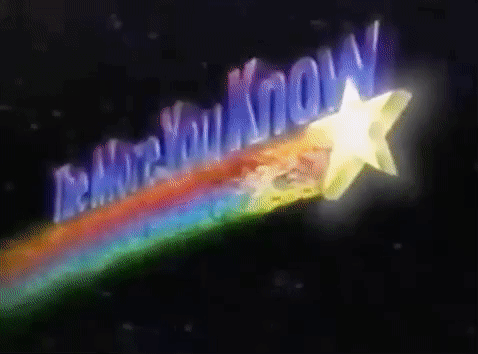Karla Maclaren has a very interesting spin on “new age” stuff. She considered herself psychic, but was actually just very empathic from terrible childhood trauma. Later she learned to talk about her uncanny skills of picking up subtle clues from people in other terms, but she couches her teachings as “for empaths” because that is how her customers see themselves. There’s a lot of things people attribute to psychic powers which are really just intuition. Reading Tarot cards or astrology or whatever is just a vehicle for a very intuitive person to do their work. I don’t think it’s problematic that therapists take it seriously.
exactly this.
it’s not about what a patient believes, but why they believe it. some guy seeks therapy because “god is punishing me,” that’s easily understood. but god isn’t really punishing them. the therapist well understands the dynamic in play and can use that knowledge to attack the patient’s problem.
some dude comes in and says “Mercury is in retrograde and it’s fucking with my relationship with my wife.” well, as a therapist, you’d better figure out why they think that is a thing before you start.
This. Years ago, I had an Egyptian card deck I’d use when I was trying to make tough decisions. In the process of interpreting the results of a spread, I got insight into my own feelings and thoughts on the matter. They were lousy for actual fortune-telling, but they helped me read myself. I still have them, though I haven’t used them in ages.
I have 4 decks, plus 2 Tarot apps. (Why so many? I love the artwork and the slightly different interpretations that the different authors/designers come up with.)
Out of all the things mentioned, I think that they’re the closest to traditional counseling/therapy. They’re just prompts in images and text to get you to think or talk about different aspects of your life. The spreads are designed to get you to think about how those aspects interact, how they’ve changed over time, and potential future directions. To draw out your subconscious or unaddressed thoughts and feelings about situations and people and help you make those conscious connections.
Of course you can add hocus-pocus to that, and if you were trying to sell readings as a service of course that’s what people expect and enjoy and the part some are looking for. But that’s marketing. The core seems to me a lot like a counseling session or a tool for introspection.
I’ve learned a lot here.

This is hilarious. I wish someone would make an appropriate silent-movie-type soundtrack for it. He was given a camera and…well, watch it, LOL!
This man…yes, he had faults, but not many.
At first I thought we had found the original post-credit scene.
Then I realized we had found the elusive credits in the middle of the movie.
Quite avant garde
I know, it’s a bit like “Lobster Men from Mars” in some respects.
Someone complained when Harry used the word “manure” and told Margaret that he should say “fertilizer.” Margaret said “You don’t know how long it took to get him to say manure.”
I’m a huge fan of HST, and was raised by Truman Democrats. I remember growing up seeing a book called “Tom’s Boy Harry” in our bookcase (it had a bright red dust jacket). It was all about how he was a tool of Tom Pendergast blah-blah-blah. I couldn’t read it, it was dreadfully written, too.
To be clear, to whom are you addressing this sentiment: Google or Apple?
Ah.
Better yet, don’t put your crimes in writing.
Batstroke.
There’s no audio or article text yet (they fill that in after the broadcast, which is on right now), but I want to put this here while I’m thinking of it.
Kubrick knew his film history, but I wonder if he also couldn’t have borrowed from other films in between the two silents and The Shining. Chopping down doors is not unknown in earlier horror films and Kubrick cast lots of people from Hammer horrors. (And Humbert Humbert takes Lolita and Mum to The Curse of Frankenstein.)